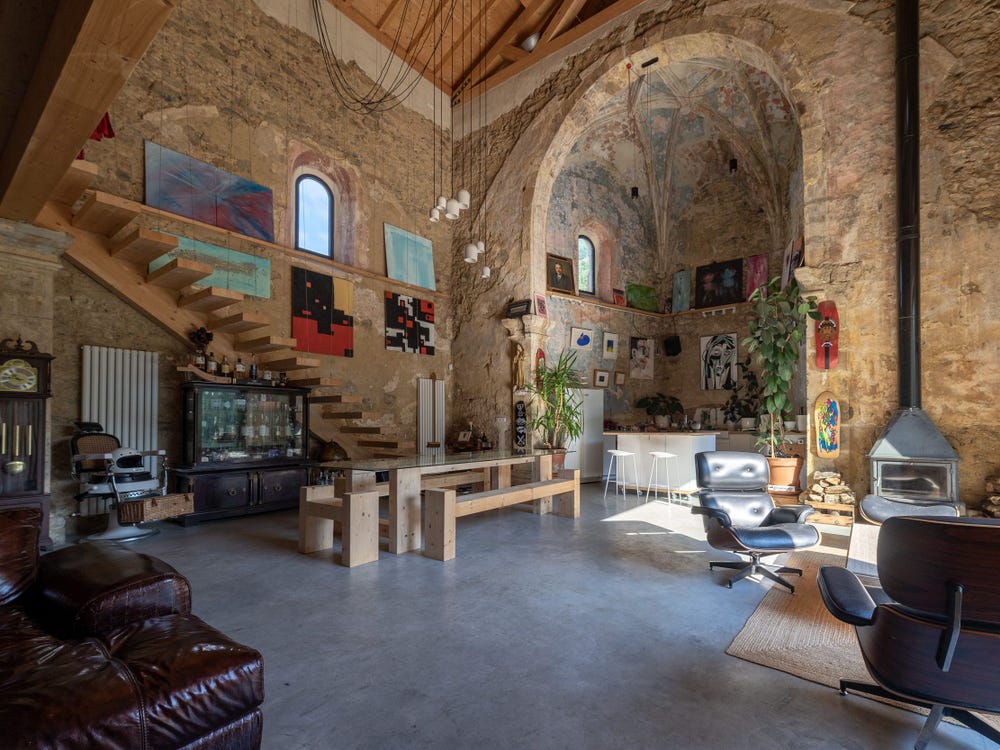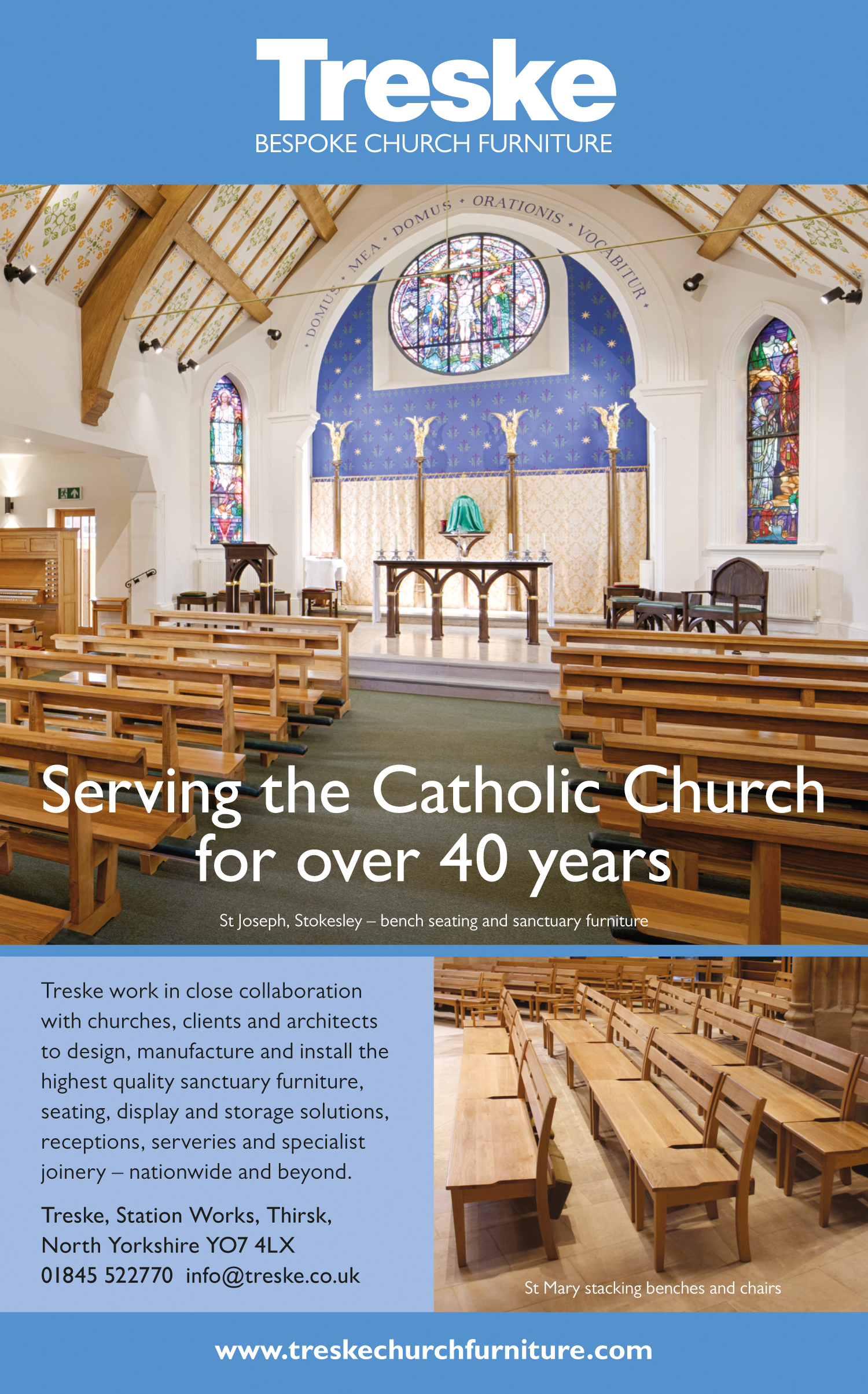Built in 1530, a Spanish church located among the wooded hillsides of the northern Basque Country sat in near ruin until Tas Careaga happened across the building in 2016.
As an interior designer and photographer, Careaga had completed several projects before setting his sights on the abandoned church.
“I wanted to take it to the next level,” Careaga wrote on his website. “So I searched for an abandoned building for a long time. One day I saw advertised an old church in ruins and I bought it.”
Fixing up the abandoned church was a massive renovation for Careaga, so he tapped his friend and architect Carlos Garmendia to help oversee the project, Architectural Digest reported.
“[The church] is located in a valley and the access is by a small road with many curves,” Careaga told Architectural Digest. “The most beautiful thing is its location. You are literally in the middle of the mountains, with incredible views.”
The church was eventually dubbed “La Iglesia de Tas,” and Careaga chronicled that renovation on his Instagram account.
Careaga and Garmendia had their work cut out for them when they began renovating the church.
“It was completely in ruins and the roof had collapsed inside,” Garmendia told Architectural Digest. “Just the removal of rubble took several months.”
Garmendia helped redesign the roof and fix up the walls, but he made a concerted effort to keep many of the building’s original features.
“The idea was to preserve the original elements as much as possible (structure, frescoes, stone) and once everything was secured, to make design interventions that would show the juxtaposition of the new and the old,” he told the publication.
According to the listing with The Singular Space, the church is set on a 9,687-square-foot plot and has a total built area of 2,690 square feet. The home is being sold for $1,905,520 (1,600,000 EUR).
In 2019, the church was officially transformed into a three-bedroom, three-bathroom home.
“The airy, open-plan living space lets the original masonry take center stage, reveling in its sober columns, clerestory windows and curvaceous apse, now a neat kitchen recess,” the website said.
A woodburning stove warms the atmospheric interior, while the master bedroom is in a two-story loft that “hangs like a treehouse” with unvarnished pine.
Additionally, a small collection of art and furnishing gathered over 10 years is included in the listing.
“The current owner has done a breath-taking job of blending renaissance and modern aesthetics, creating a thoroughly contemporary living space with an exalted and meditative atmosphere,” the website said. “This is a truly unique and extraordinary home that will captivate artists and art-lovers alike.”







